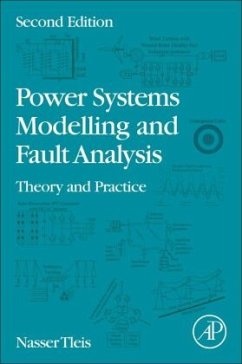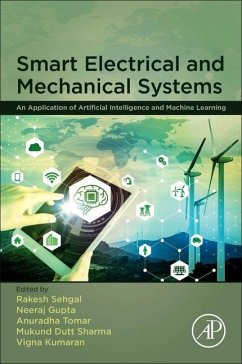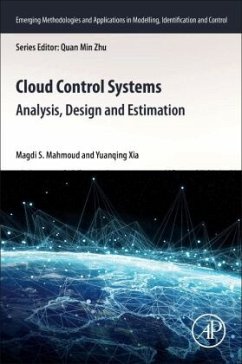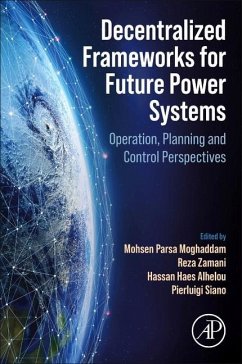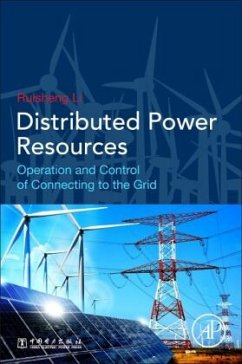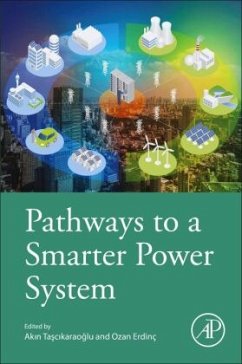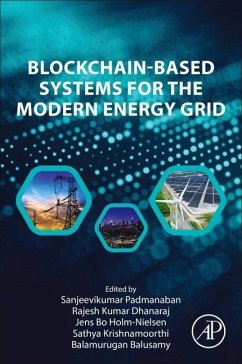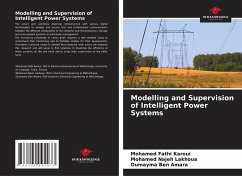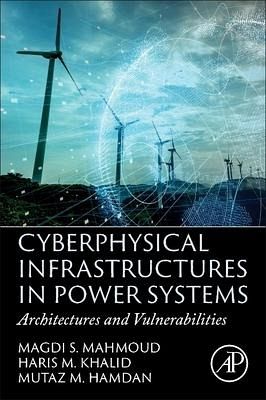
Cyberphysical Infrastructures in Power Systems
Architectures and Vulnerabilities

PAYBACK Punkte
50 °P sammeln!
In an uncertain and complex environment, to ensure secure and stable operations of large-scale power systems is one of the biggest challenges that power engineers have to address today. Traditionally, power system operations and decision-making in controls are based on power system computations of physical models describing the behavior of power systems. Largely, physical models are constructed according to some assumptions and simplifications, and such is the case with power system models. However, the complexity of power system stability problems, along with the system's inherent uncertainti...
In an uncertain and complex environment, to ensure secure and stable operations of large-scale power systems is one of the biggest challenges that power engineers have to address today. Traditionally, power system operations and decision-making in controls are based on power system computations of physical models describing the behavior of power systems. Largely, physical models are constructed according to some assumptions and simplifications, and such is the case with power system models. However, the complexity of power system stability problems, along with the system's inherent uncertainties and nonlinearities, can result in models that are impractical or inaccurate. This calls for adaptive or deep-learning algorithms to significantly improve current control schemes that solve decision and control problems.
Cyberphysical Infrastructures in Power Systems: Architectures and Vulnerabilities provides an extensive overview of CPS concepts and infrastructures in power systems with a focus on the current state-of-the-art research in this field. Detailed classifications are pursued highlighting existing solutions, problems, and developments in this area.
Cyberphysical Infrastructures in Power Systems: Architectures and Vulnerabilities provides an extensive overview of CPS concepts and infrastructures in power systems with a focus on the current state-of-the-art research in this field. Detailed classifications are pursued highlighting existing solutions, problems, and developments in this area.






